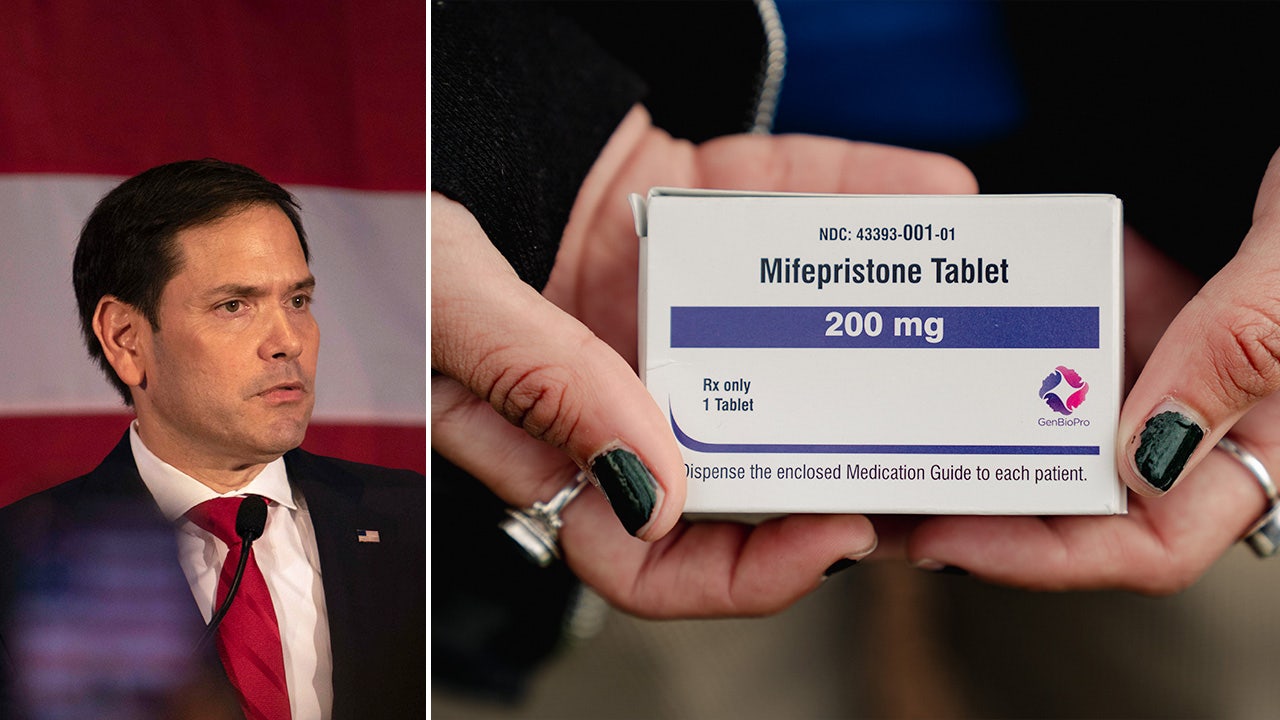ExxonMobil easily rebuffed an attempted shareholder revolt against its board of directors sparked by the supermajor’s decision to sue two climate-focused investors.
Investors in the biggest US oil company voted overwhelmingly on Wednesday to re-elect all 12 members of the company’s board despite a campaign against two directors — chief executive Darren Woods and lead independent director Jay Hooley — in protest over its lawsuit against activists.
Shareholders voted 95 per cent in favour of the company’s slate of directors, down marginally from 96 per cent last year. The lowest support for an individual director was 87 per cent, versus 91 per cent last year, according to a preliminary tally of votes at the company’s annual meeting.
“Today our investors sent a powerful message that rules and value-creation matter,” Exxon said in a statement following the results. “We expect the activist crowd will try and claim victory on today’s vote, but common sense should tell you otherwise in light of the large margin of the loss.”
Wall Street had been closely monitoring the outcome of the meeting after a number of large shareholders pledged to lodge protest votes. The backlash followed Exxon’s decision to sue US investment adviser Arjuna Capital and Dutch shareholder group Follow This, after they introduced a resolution demanding the company do more to cut greenhouse gas emissions.
The groups have since withdrawn their resolution but Exxon has persisted with its lawsuit. A judge last week threw out the case against Follow This on jurisdiction grounds but allowed the case against Arjuna to proceed.
The lawsuit has sparked fears in the financial community of a broader attack on shareholder rights in the US, with critics warning it will have a chilling effect on the willingness of small investors to file motions.
Calpers, the biggest US public pension plan, voted against the re-election of all Exxon directors in protest over what it called a “reckless” legal action to “silence” shareholder voices. Norway’s $1.5tn sovereign wealth fund said it would vote against the re-election of Hooley.
Exxon’s lawsuit stems in part from a change at the Securities and Exchange Commission to allow more environmental, social and governance motions to proceed to shareholder votes. The agency has become less inclined to use its powers to halt shareholder proposals that companies argue are frivolous or micromanage their day-to-day affairs. Exxon argues that the SEC has allowed too many burdensome proposals on to the ballot, leaving it with no option but to turn to the courts.




























